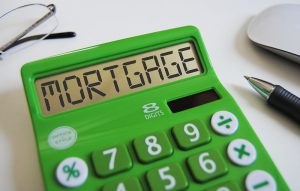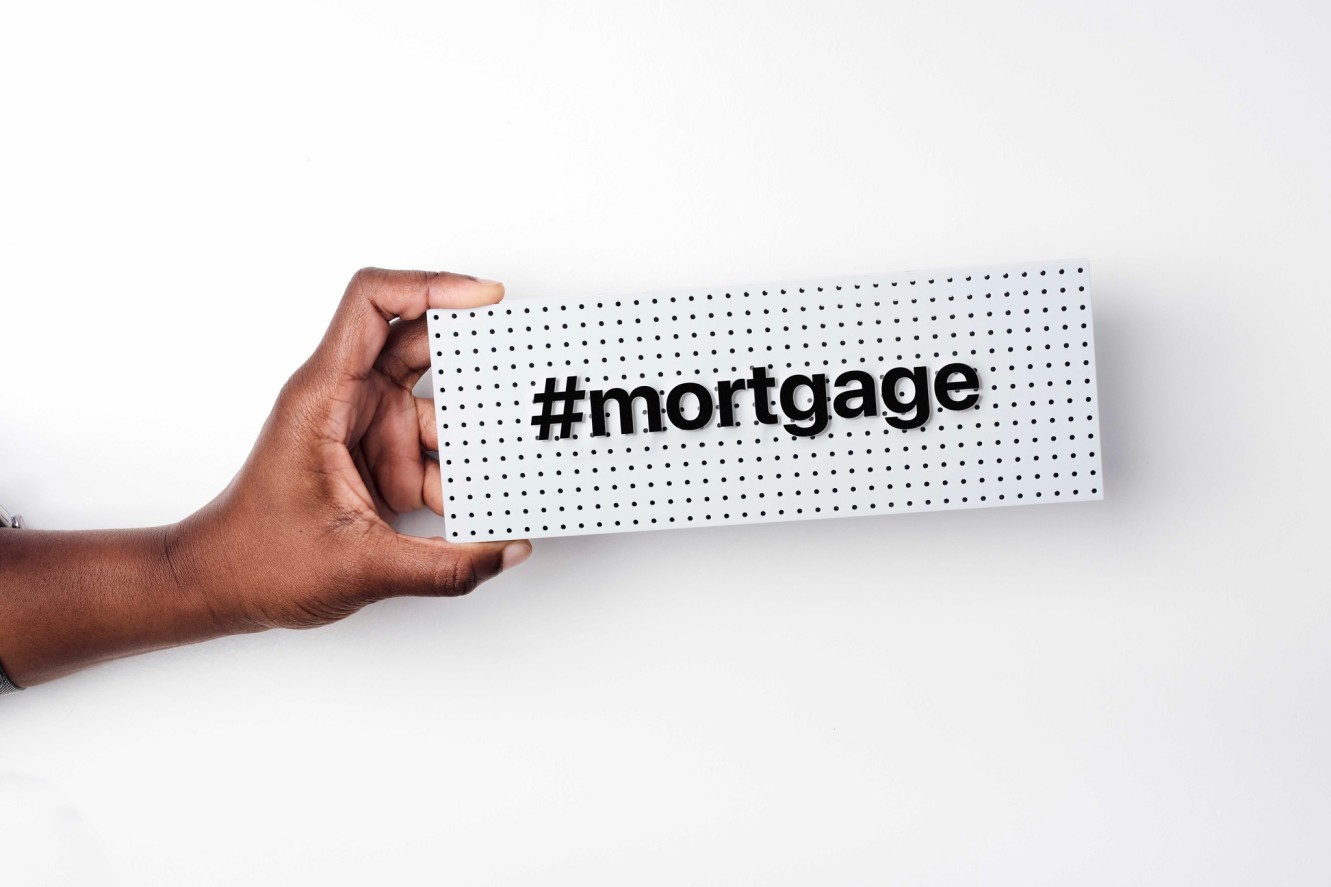last Updated on December 8, 2022
A mortgage is a loan gotten from a lender (typically banks) in order to purchase a home, refurbish or renovate a home, for property under construction and against an existing property of the applicant.
Every mortgage has a set period of time where the applicant must pay back the loan in instalments.
When a mortgage loan isn’t repaid back, the lender has the right to do as they please with the property.
But if the mortgage loan is paid back, the mortgage ceases to exist. Mortgages allow people with low access to banking services or not-so-good credit to get loans.
ALSO SEE: List of Mortgage Banks in Nigeria
How Mortgage in Nigeria Work


A mortgage like every loan comes with an interest rate. Interest rates for mortgages in Nigeria range between 15-25% for commercial and mortgage banks, and 7-10% for the NHF (National Housing Fund).
Apart from the interest, a potential mortgage applicant will have to pay, the applicant of a mortgage will need to also have equity.
Equity is a certain percentage of the total amount needed for the property purchase. This ranges between 30% and 70% of the total cost of the property(home).
The mortgage also comes with a set duration for repayment known as tenure. This is the amount of time required to pay back the mortgage loan. The tenure in Nigeria is usually 20 years.
An important factor for getting a mortgage loan is income.
Your income statement over the previous year goes a long way in determining if your request for a mortgage is approved.
See: Top Real Estate Companies in Lagos, Nigeria
Types of mortgages in Nigeria
There are different mortgage types with each having its own interest rate and flexibility or repayment structure.
Every mortgage applicant should consider the pros and cons of each mortgage type when applying for a mortgage loan.
Here are the types of mortgages in Nigeria:
- Fixed-rate mortgages: This mortgage type has an unchanging interest rate that remains constant throughout the entire life of the loan.
- Floating or variable mortgages: Also known as Adjustable Rate Mortgage (ARM), in this type of mortgage, lenders usually adjust the interest rate from time to time in line with the agreed index at the commencement of the loan.
- Balloon mortgages: This mortgage type requires the applicant to pay a lump sum at the end of the mortgage loan and requires interest-only instalment payments.
Checkout: Best performing Mutual Funds in Nigeria
Primary Mortgage Institutions in Nigeria
There are three main primary mortgage institutions in Nigeria, which you can get a mortgage from. They are
- Primary Mortgage Institutions (PMIs). These are financial institutions whose primary function is to provide loans for people to purchase real estate.
- National Housing Fund by The Federal Mortgage Bank of Nigeria. This is a scheme by the Nigerian federal government that gives Nigerians access to low-interest loans for the purpose of buying or developing a property.
- Commercial Banks. Banks also act as mortgage facilitators as almost every bank has a mortgage arm where its customers can access a loan to purchase a property.
Checkout: Best Real Estate Investment Platforms in Nigeria
Primary Mortgage Institutions (PMIs) in Nigeria
A list of accredited PMIs in Nigeria:
- ABBEY BUILDING SOCIETY LIMITED
- AG HOMES SAVINGS & LOANS LIMITED
- AKWA SAVINGS & LOANS LIMITED
- ASO SAVING & LOANS PLC
- Brent Mortgage Bank
- CENTAGE SAVINGS & LOANS LIMITED
- CITY CODE SAVINGS & LOANS LIMITED
- COOP SAVING & LOANS LIMITED
- DELTA BUILDING SOCIETY LTD
- FBN MORTGAGES LIMITED
- FHA HOMES SAVINGS & LOANS LTD
- FIRST GENERATION HOMES (SAVINGS & LOANS) LIMITED
- GATEWAY SAVINGS & LOANS LIMITED
- GLOBAL TRUST SAVINGS & LOANS LTD
- HAGGAI SAVINGS AND LOANS LIMITED
- HOMEBASE MORTGAGE LIMITED
- Imperial Homes Mortgage Bank Limited
- INFINITY TRUST MORTGAGE BANK PLC
- JIGAWA SAVINGS & LOANS LIMITED
- JUBILEE-LIFE SAVINGS & LOANS LIMITED
- KEBBI STATE HOME SAVINGS & LOANS LTD
- LAGOS BUILDING & INVESTMENT COMPANY LIMITED
- MAYFRESH SAVINGS & LOANS LIMITED
- MGSL Mortgage Bank
- MUTUAL ALLIANCE SAVING & LOANS LIMITED
- NEW PRUDENTIAL BUILDING SOCIETY LIMITED
- Nigeria Police Mortgage Bank
- OMOLUABI SAVINGS & LOANS
- PLATINUM SAVINGS & LOANS LIMITED
- REFUGE HOME SAVINGS & LOANS LIMITED
- RESORT SAVINGS & LOANS PLC
- SAFE TRUST SAVINGS & LOANS LIMITED
- STB BUILDING SOCIETY LIMITED
- TrustBond Mortgage Bank Plc
- UNITED MORTGAGE LIMITED
National Housing Fund (NHF)
A maximum of N15 million can be obtained from NHF. Every Nigerian who is self-employed or in paid employment is required by the NHF Act No.3 of 1992 to contribute 2.5% of their basic salary/income to the fund via the Federal Mortgage Bank of Nigeria. The tenure for an NHF mortgage is a maximum of 30 years at a rate of 6%.
See: Top Loan Apps in Nigeria with Low Interest Rates
Requirements for NHF Mortgage
- Apply through a registered Primary Mortgage Institution (PMI)
- 6 months contribution to NHF fund prior to Application
- Provide evidence of a regular flow of income.
- Registration will be done via NHF 1 (employer) and NHF 2 (employee) forms.
- Tender bill of quantities valid title documents, and all approved building/site plans.
- 10% Equity stake (Contribution of 10% cost of the house)
- Tax clearance certificate of 3 years
Commercial Banks
In Nigeria, commercial banks tend to ask for double-digit interest rates when asking for a mortgage loan. These rates range from 20%-27% per annum.
Here’s a list of Commercial banks in Nigeria that offer mortgage loans:
- Standard Chartered Bank with an interest rate of 17.9% per annum. The minimum equity contribution is 20%, with a maximum tenure of 20 years.
- First Bank Personal Home Loan. Is only available to employees of approved employers list of First Bank list. The Applicant should not be older than 60 years old. The minimum equity contribution is between 20-30% depending on property location
- Access bank mortgage interest rates range between 18 and 23%. Maximum of N200 million and a minimum of N10 million. The minimum equity contribution is between 20-30%.


Leave a Reply